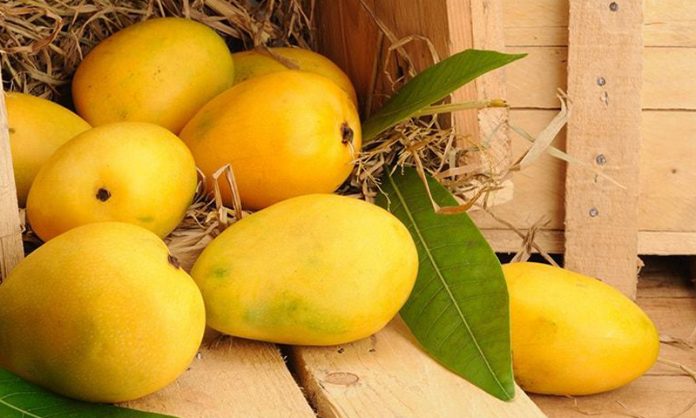ISLAMABAD: Despite official claims of strict enforcement of phytosanitary standards and treatment protocols for mango exports, reports from exporters and hot water treatment (HWT) plant operators suggest that untreated mango shipments continue to leave the country, potentially jeopardizing access to critical markets such as Iran, the European Union, and Australia.
Owners of several HWT plants in Multan have expressed concern that mango consignments are being lifted and exported without undergoing the mandatory hot water treatment process. They allege that despite the official protocols, mangoes are being harvested and directly shipped to export hubs like Karachi and Quetta without proper treatment.
“Not a single consignment has been treated at our facility, yet mangoes are being loaded and dispatched from Multan and Rahim Yar Khan,” said one HWT plant owner. Other plant owners, including Mr. Malik Akram, Mr. Irfan, Haji Azam, and Mr. Tariq Khan, echoed similar concerns, stating they have seen no trace of treatment activities in their region. “We are unaware of who is treating the fruit or where, if at all,” one of them said.
According to traders in Punjab, phytosanitary certificates are reportedly being issued at the Iranian border, raising further questions about compliance. “Truckers are loading mangoes directly from farms, claiming they have the required documents. Around here, certificates are being issued without any actual treatment,” said a mango exporter and HWT facility owner.
Sources within the exporting community claim that although the Department of Plant Protection (DPP) and the Ministry of National Food Security and Research have acknowledged the seriousness of the issue, enforcement on the ground remains weak. Some exporters have alleged that recent inspections by Joint Secretary Bilal Hussain in Karachi have led to selective restrictions on certain HWT plants while others continue operations without scrutiny.
This perceived favoritism, they say, has unsettled many in the export sector, who are now considering lodging a formal protest.
Earlier, in a formal complaint addressed to the Prime Minister, Barrister Junaid Khan alleged that a group of HWT operators linked to a politically connected clearing agent at the Taftan–Mirjaveh border had been exploiting compliance gaps.
He claimed that some of these facilities lacked basic hygiene infrastructure, used non-food-grade equipment, and did not meet water circulation standards critical for effective pest elimination.
Responsibility for monitoring compliance now lies with the National Agri Trade and Food Safety Authority (NA&FSA), which recently assumed this role from the DPP. Under NA&FSA regulations, HWT plants are required to undergo full-capacity audits, maintain real-time video surveillance during treatment, and ensure traceable electronic documentation up to the Taftan border.
However, insiders report that certain HWT operators delayed their mandatory audits by more than 20 days at the beginning of the export season. In some cases, they allegedly used influence to obtain accreditation without fulfilling the demonstration requirements.
Concerns have also been raised regarding interference in the staffing of NA&FSA’s central monitoring unit and attempts to limit oversight of specific exporters — developments that have led to fears of cartelization within the sector.
According to Pakistan’s bilateral export agreement with Iran, the detection of fruit fly in any mango consignment can result in a one-year suspension of the HWT facility responsible, with reinstatement allowed only after a successful re-audit. Some exporters, however, argue that hot water treatment negatively affects shelf life and fruit quality, prompting attempts to bypass the process altogether.
With peak export season underway and international market access on the line, stakeholders stress the urgent need for consistent enforcement of treatment protocols and transparent oversight to ensure compliance with international safety standards.




